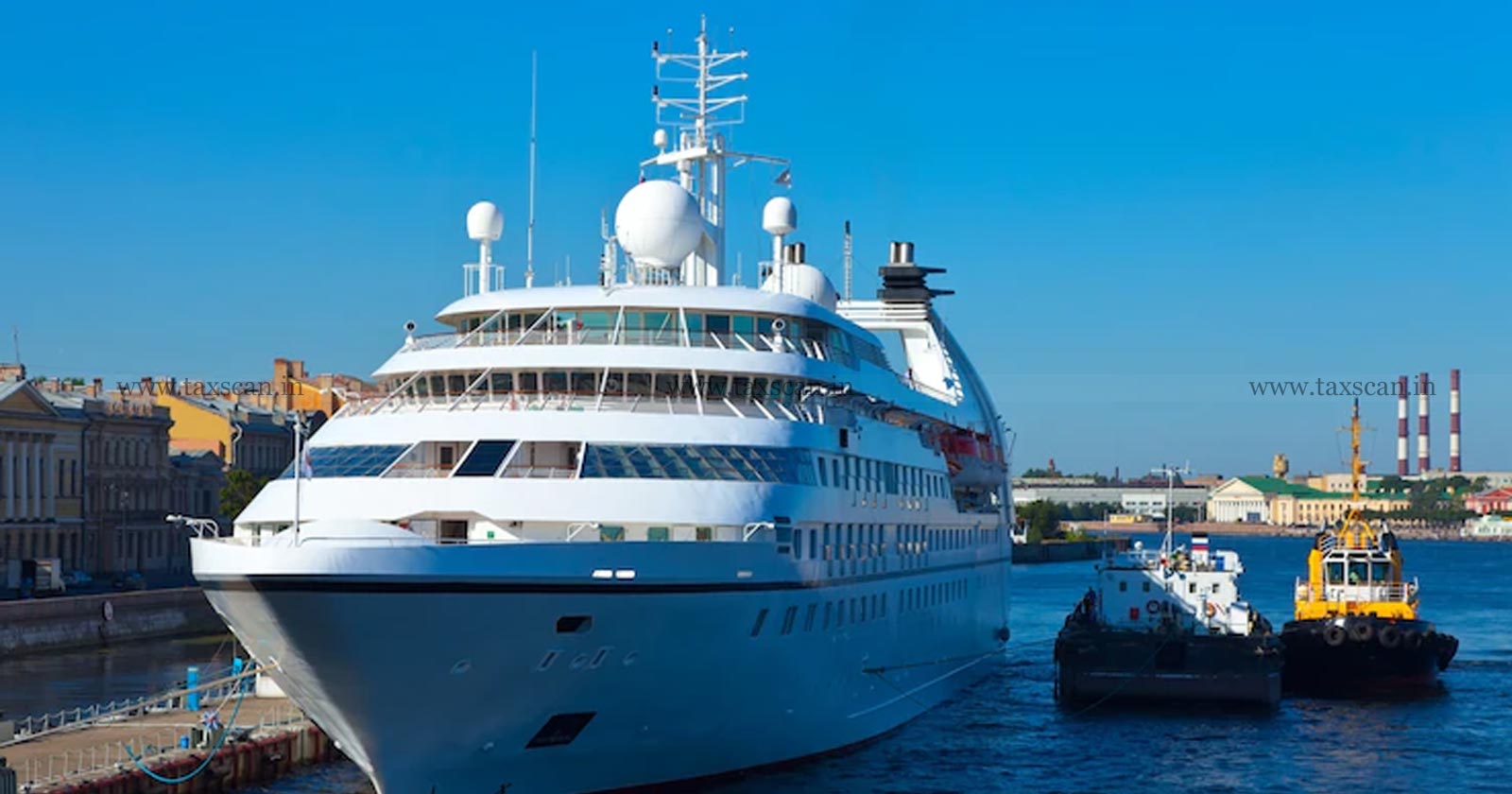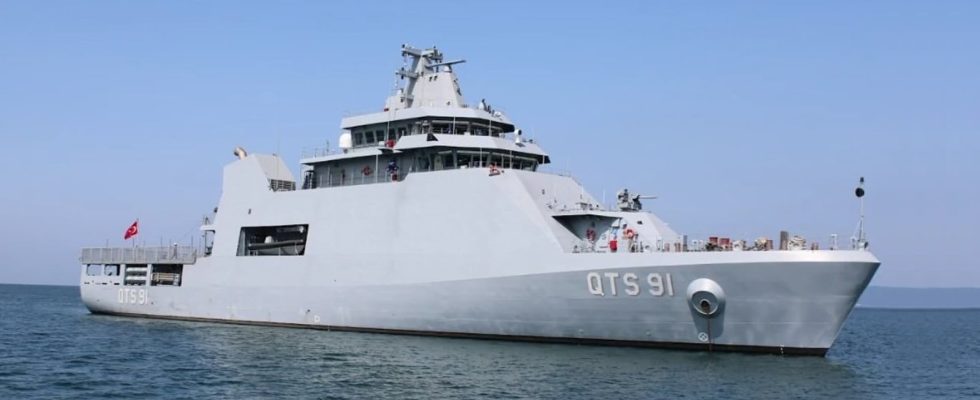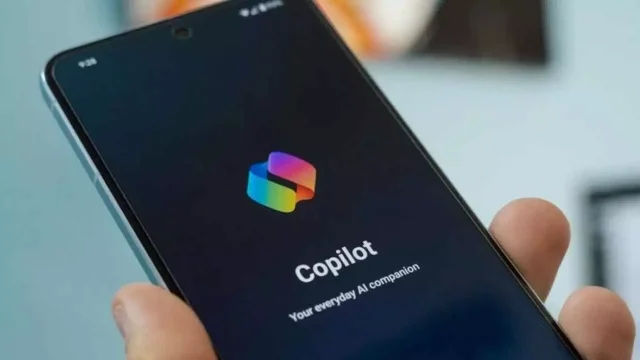Artificial intelligence, the most popular technology of recent times, continues to increase its influence in many sectors. Maritime, which is a difficult sector due to many risk factors, keeps its share of this transformation very limited. A new method discovered by researchers in their work seems to be able to change this situation. Here are the details
Artificial intelligence will be a lifeline for captains in adverse weather conditions!
“Autonomous ships”, on which studies have been intensified recently, are brought to the agenda with many developments. Despite the difficult conditions of maritime, new generation methods discovered one after another are paving the way for developments in this field. ‘Security’ studies, which are the most critical point of the sector, are finally concluded with discoveries that will give hope to humanity. A new method discovered using artificial intelligence within the scope of these studies creates a new turning point in the maritime industry by enabling ships to accurately follow their path in difficult sea conditions.

Autonomous ships face the risk of going off course, especially in difficult weather conditions. Since there is no captain who can directly intervene in the process, serious risk factors such as collision or grounding seriously affect the developments. A method developed by a group of researchers who took action to prevent these risks by combining the computational fluid dynamics (CFD) model and line-of-sight (LOS) guidance system on traditional ships by using artificial intelligence technology, significantly changes the dynamics in this field.
Thanks to the new model, which was developed by taking into account the complex interactions between the ship’s hull, propellers, rudder and other ship parts, tracking performance can be predicted much more accurately. The findings recorded so far by the research team, which tested the method with simulations under different conditions, are considered extremely ‘positive’. At this point, it is estimated that artificial intelligence technology can set new standards in evaluating the path tracking performance of autonomous ships and provide a significant increase in safety in this field.
As you know, autonomous cars are considered extremely normal today. The scientific world continues its work without slowing down, aiming for a similar situation to occur for autonomous ships and autonomous aircraft. So, how do you evaluate the studies carried out in this field? In your opinion, how many years will it take for an autonomous ship to become operational? You can share your opinions or predictions with us in the comments section.

